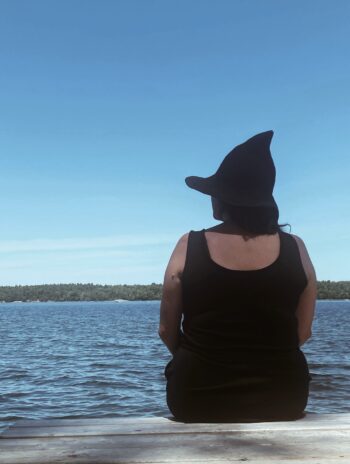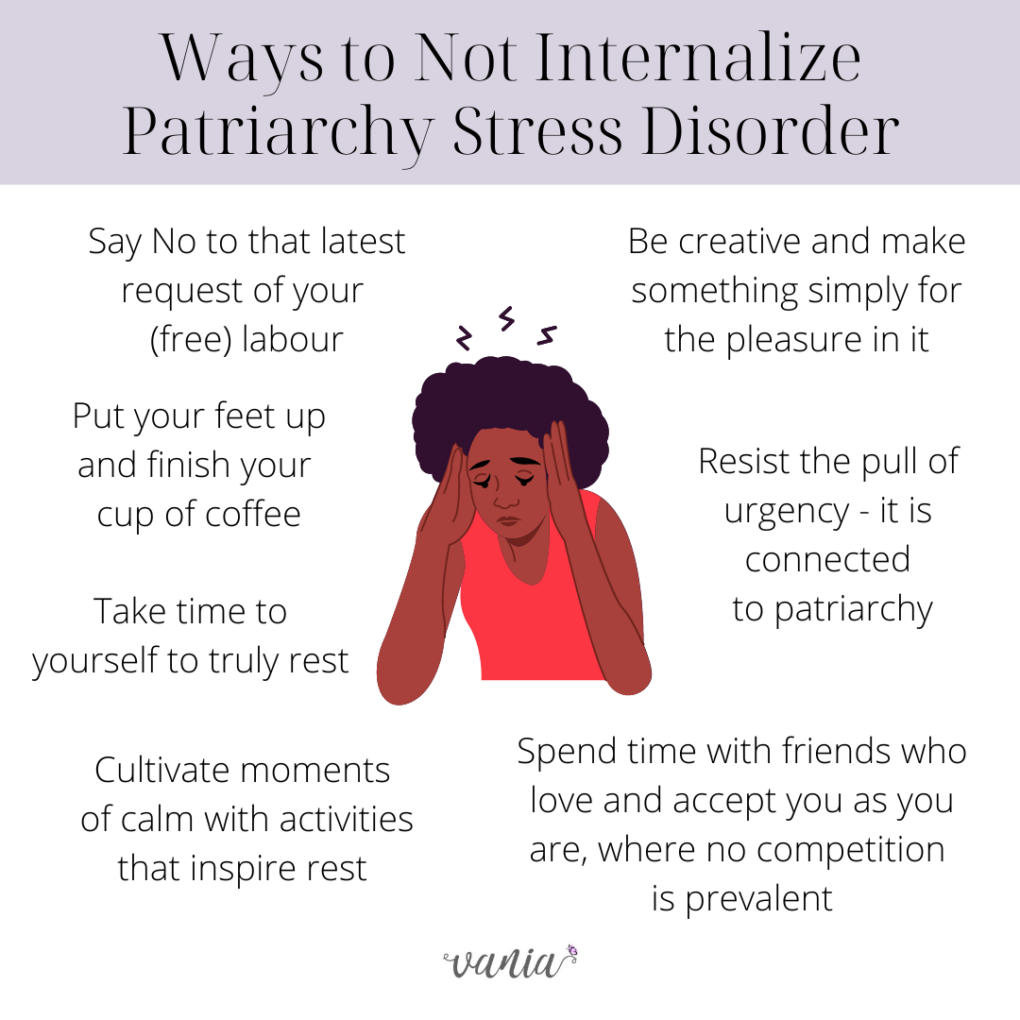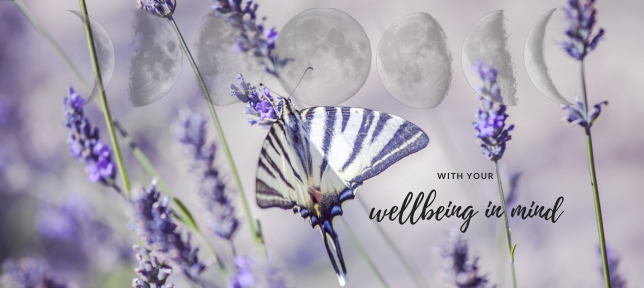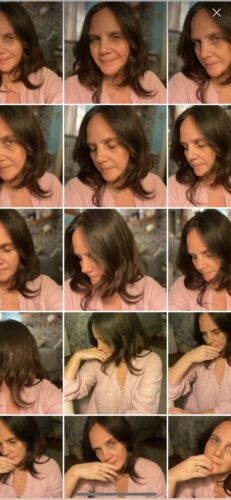At a special Tarot reading to start the year, I pulled the Empress card. This card is all about self-care, and as this year is about Soft Strength, i felt this call to care for myself really spoke to me. It is when we deem we are worthy of care that transforms us from a capitalist model to a de-conolozied way of embracing rest as our birthright.
I know that self-care has been given such a negative wrap and yet I think it’s also because it’s misunderstood. As a life-long fan of it, i want to write this article in its defence.
Like many of us, I’ve come to the realization that self-care isn’t bubble baths and pedicures just for the sake of them. Self-care is a way to enhance our life and ensure that we’re living with our own needs and love in mind. It’s also a way for us to get more Self energy in our body. When we’re working with an internal systems framework in mind, when our Parts are activated, they take us away from Self, so giving ourselves Self-care is actually a way to get a more felt sense of compassion, calm, connectedness, courage, creativity, curiosity in our bodies; thus Self energy. So self-care is about helping us stay in Self and not get pulled into old defaults or systems that no longer serve.
Does this sound like a bunch of crap to you? I get that, as i’m noticing that i’m speaking in therapy speak here. So let me back up and explain it with some context.
 First of all, self-care isn’t about self-regulating or soothing ourselves. It’s actually about enhancing our life by giving ourselves the same care we give others. And I think it can be especially hard for those socialized as women or carers of others.
First of all, self-care isn’t about self-regulating or soothing ourselves. It’s actually about enhancing our life by giving ourselves the same care we give others. And I think it can be especially hard for those socialized as women or carers of others.
Self-care helps us stay in what we call Self energy in IFS therapy. It’s about tending to our inner system so we stay present with what is right here right now. In order for this to happen, we might need to learn new activities, exercises, practises or resources to help us do just that.
So think about what books, people or practices help you stay connected with yourself. What manifests feeling compassion towards yourself, or gives you the felt sense of creativity or curiosity What activities help you feel confident with your Self or calm?
It’s when we do these practices that help us enhance our lives that we are also nourishing our soul.
For me, it’s getting time to myself on my SUP board. I don’t get to do this often, and it’s just the ticket for me. When i can’t always get on it, i use this practise of somatic mindfulness to get me to recall a time that i enjoyed a ride. It’s a short cut and works really well. If you want to know what it is, it’s the time i was on my board among dolphins in the Gulf of Mexico – pure bliss.
As folks who live in this time and place, we are conditioned to be busy, to do things, and to hustle hustle hustle. Patriarchy, white supremacy, and capitalism all urge us to be busy and productive. As women, we also face the added challenge to give of ourselves, from our own backs and bodies at times.
I read this great post recently by Rocio Rosales Meza, where she proclaimed: “You are not burnt-out, you are colonized.” It reminded me of the term Patriarchy Stress Disorder (PSD). Dr. Valerie Rein coined the term and describes it as “this trauma creates an invisible inner prison, that holds them back from stepping into the full power of their authentic presence, unbridled joy, outrageous success, freedom, and fulfillment. This is where women feel stuck in their lives, with this persistent inner voice that wants more out of life. They feel guilty for the life that they have and then numb the feeling with all the self-help things we are taught to do. You know what i’m talking about – yoga, therapy (i see the paradox here), exercise classes, books, retreats. They look for solutions to fix their life but they are looking in the wrong place – thinking it’s ourselves that we need to fix, not the ill-fated and misguided framework of patriarchy and culture at large.

Repeat after me: I am not a personal improvement project. I am also not the problem to be fixed.
Self-care is a bridge – a portal to living a life that is more aligned with your fullest self. That includes accessing a felt sense of joy, and being present with this moment right here right now. It is about shifting from one state to another one that is more ‘you.’
Your body mind soul need to be tended to, cared for. That means you need to listen to their needs. What is your body needing right now? What might be soul vitamins or a brain massage?
Self-care has a role, but is not the answer. The degree it can help you is in the proportion to how much the need is to alleviate the hurt being done. Burnout comes from a push for perfectionism, toxic productivity and poor boundaries. Ultimately, self-care is about taking the theme to access the things that make you feel like your truest Self. It is an intentional practice that enhances your life with meaning and pleasure, presence and love. It is what nourishes you as a whole being, not just the Parts of you.
What happens is we begin to experience a paradox: we not only over-give from ourselves but also under-receive. (Thank-you to Sarah Jenks for this insight.)
Let me explain this with a personal reflection that really took this home for me. I was lamenting to my partner about my workload, and struggling to take a longer vacation time off. I want to take a full month off in the Summer, but find it hard to navigate this with clients’ needs as well as my children’s. He listened to me and then stated that it’s good to be needed. It meant it as a compliment to me, a professional caregiver and mother. I told him I am needed too much and what I want is to not be needed for a break. What i would love is to be the receiver of such care.
I am more than the roles I play or the work I do.
Here is a helpful question to ponder: What makes you come alive?
Practising this helps me have space to do things i love, and not to accept things with compromising or giving up. This is especially true about my own happiness. It means also accepting what capacity i have in that moment so that i do push myself. This is a practice of Radical Acceptance of good enough.
This reframing, or rather reclamation of the concept of self-care is especially potent for mothers and folks who are actively parenting children. It is a necessary practice in early postpartum, so that we don’t get lost in parenthood. It is also true that it is not enough to ‘self-care’ the challenges away. This article by Motherly demonstrates this further. Thanks to the research of Stephanie Knaak, via Olivia Scobie’s book, Impossible Parenting, we know that there are key resilience factors to consider in postpartum that ensure a healthy matrescence. You can see from the list below that self-care is only one of the factors. I added a couple of factors that i have found incredibly important as well:
*Be baby ready
*Self-care routine
*Self-regulation of emotions and stress
*Helpful community and aligned vision
*Have realistic expectations for yourself and others*Know your core values
*Recognize your Motherline
*Have time to yourself and the other identities that fall outside of mothering
*Find moments of joy and gratitude
*Do not compare yourself to others or get stuck in comparative suffering
In case you need a bit more anecdotal evidence, i’m going to dare to take us back in time to April 2020, when we were all sheltering at home. I knew that i couldn’t just work from my bedroom and parent each day, day in day out without fail, without also tending to my own soul and care. So i created a recipe for daily self-care for my family: We had to laugh a little, move a little, cry and feel when called to do so, make time for connection with each other, and breathe and rest.
Looking back, i know i did this as a way to ensure i accessed Self energy, as that was tested a lot back then. I was pulled into a lot of Protective Parts activation and survival mode, and yet i knew i was safe in ways my younger Parts did not. That’s a key piece – i wasn’t laughing at myself, or spiritually bypassing what i was feeling. Rather, i was using what i knew were playful and persistent remedies to get into Self. When i was committed to it, it gave me perspective to catch when my Parts were online and wanting to take over. This made me feel more alive, versus the empty shell of me. This reframe was especially important because i was catching myself fall back into old trauma vortex tendencies, the trauma responses of my younger years.
Self-care is about updating your internal system to move you into your truest self. And with that in mind, i’m going to go indulge in decadent bubble bath now.


